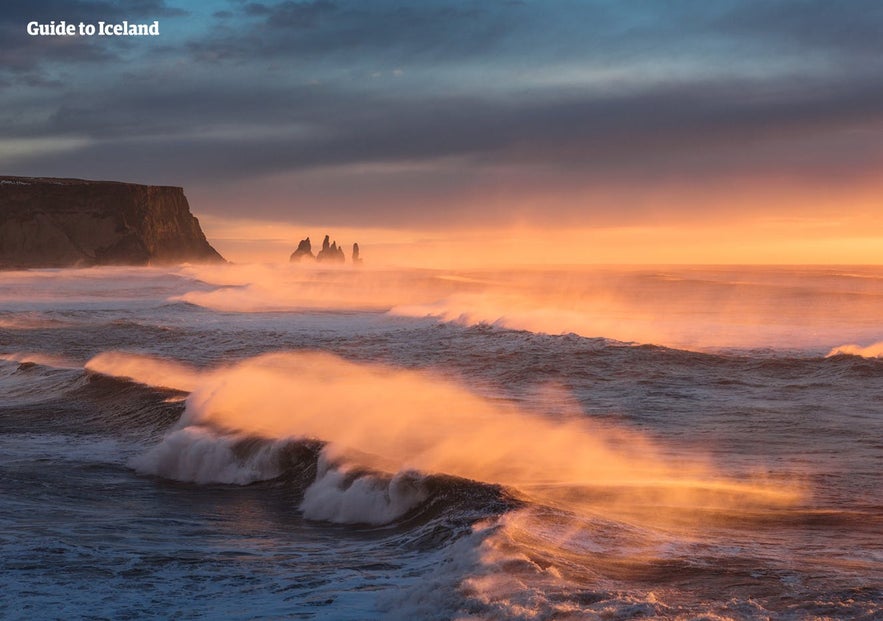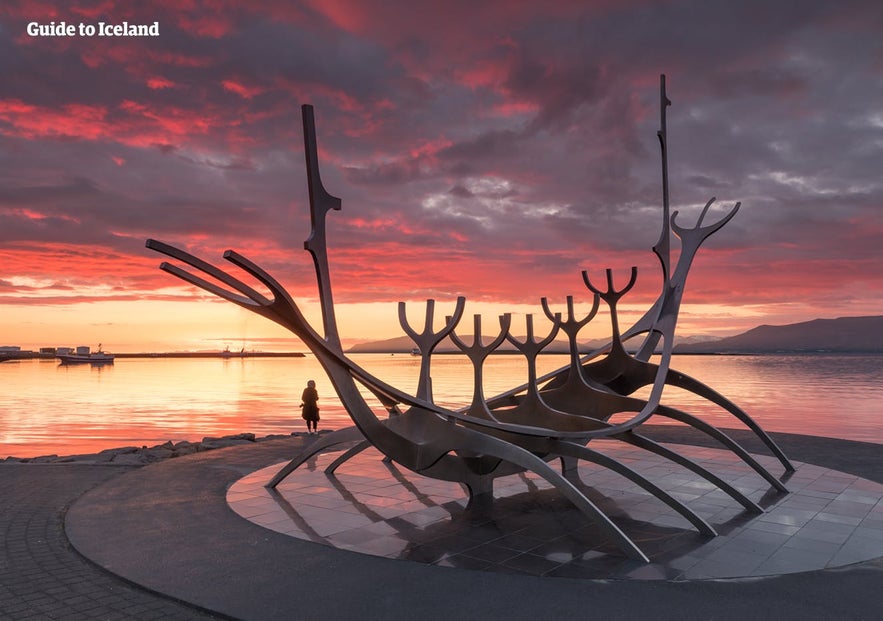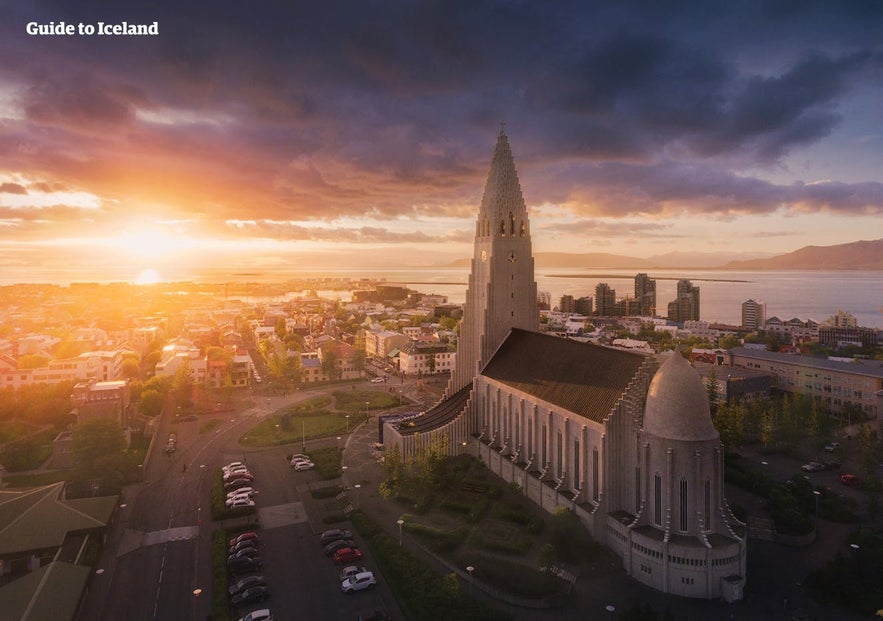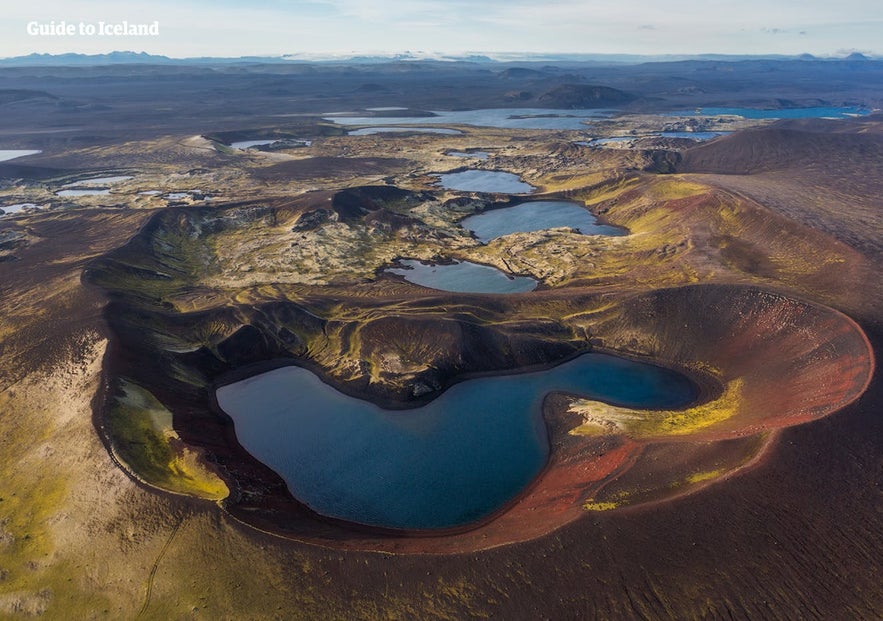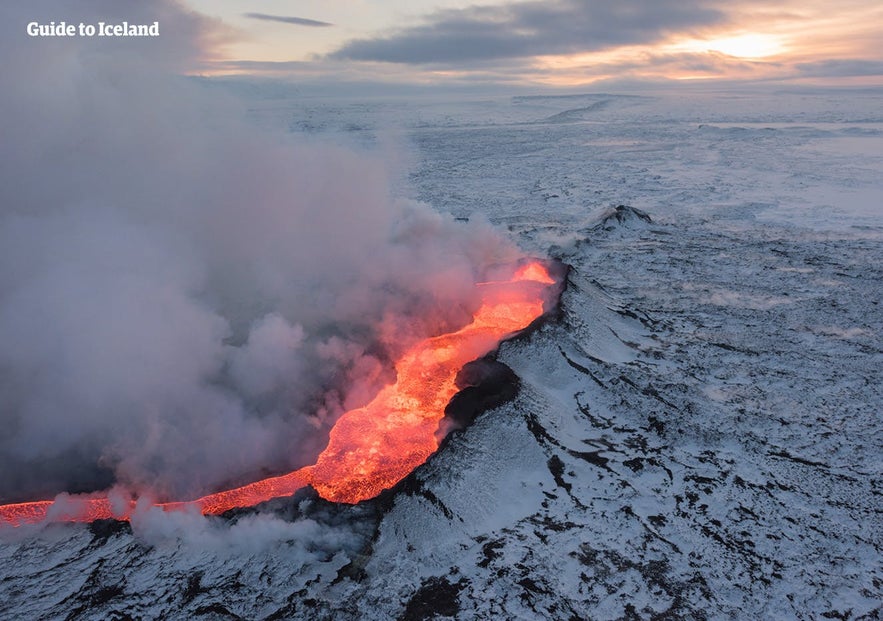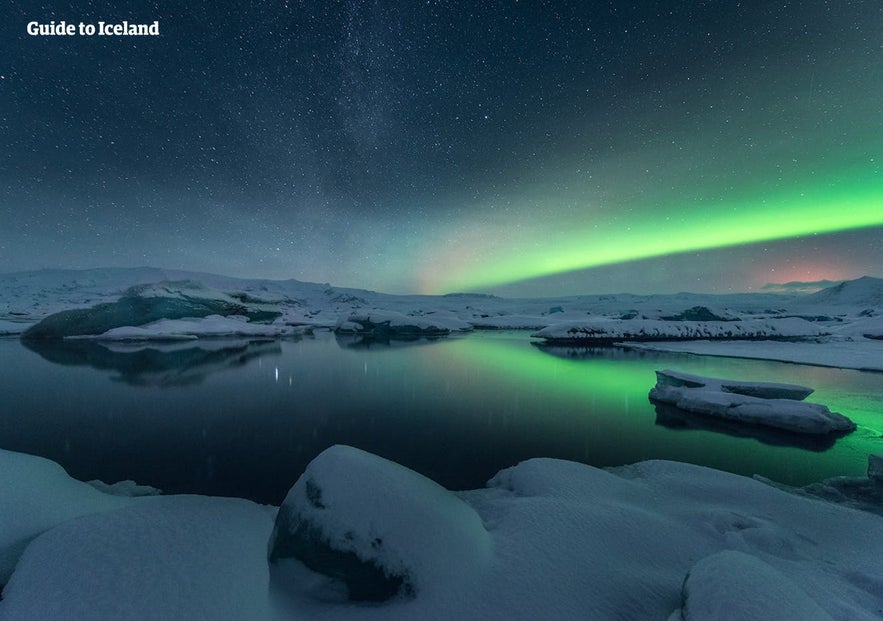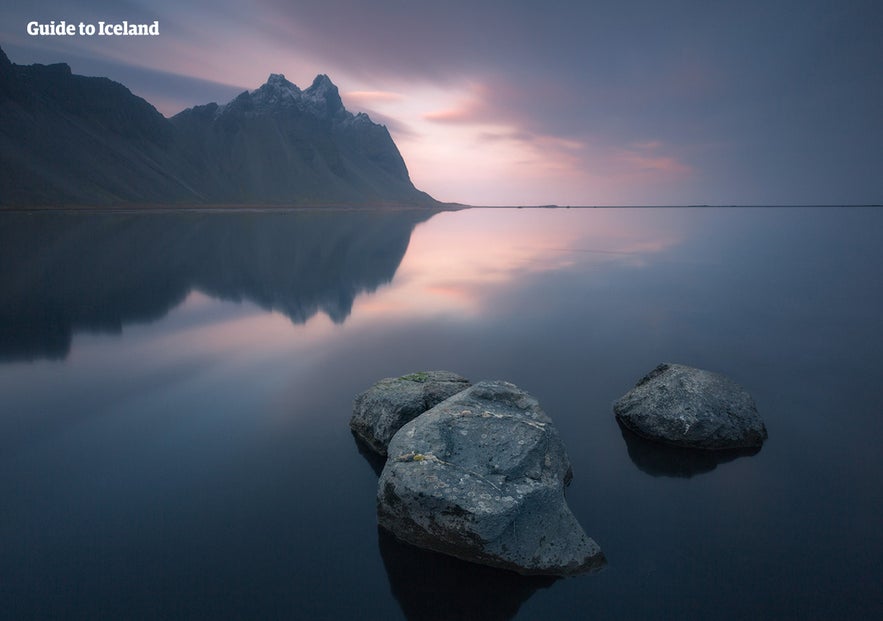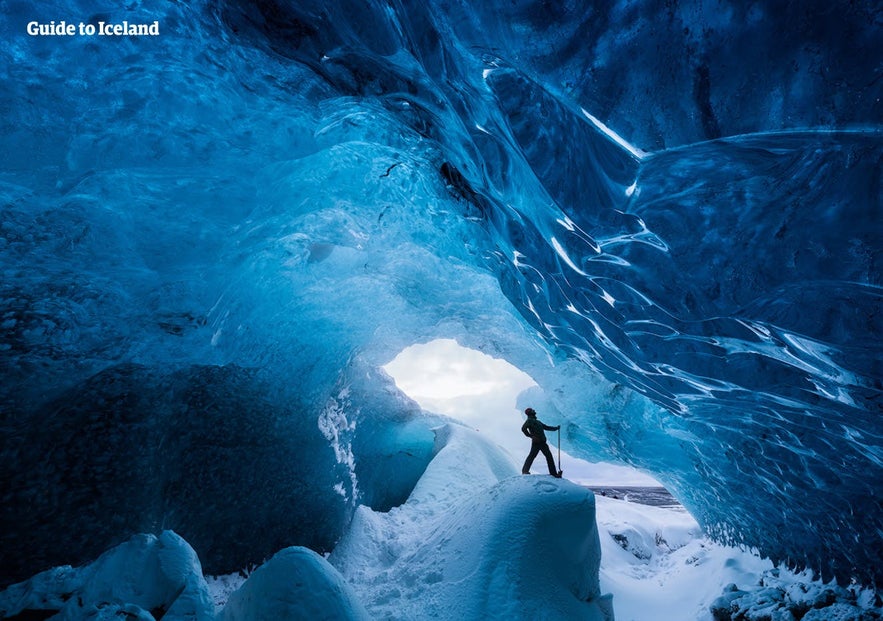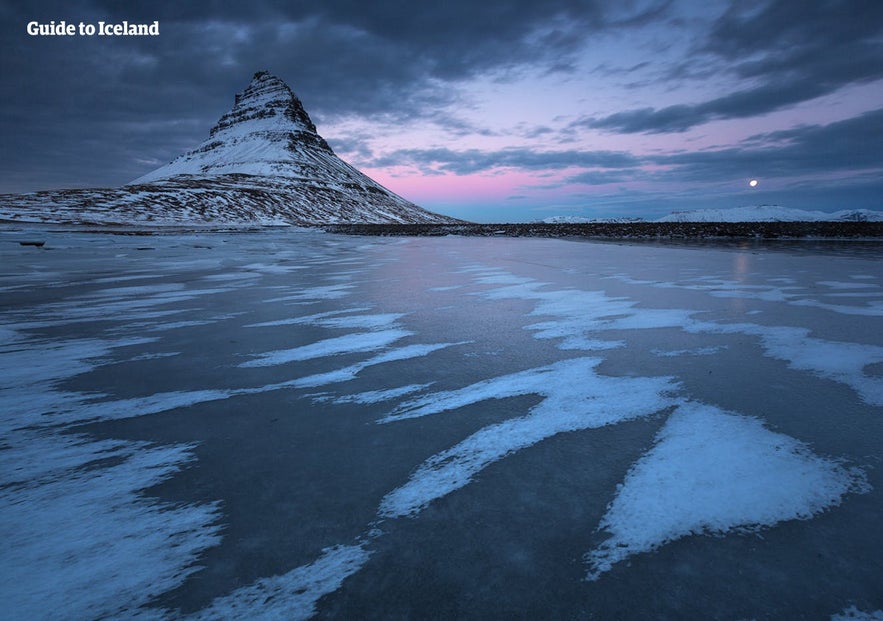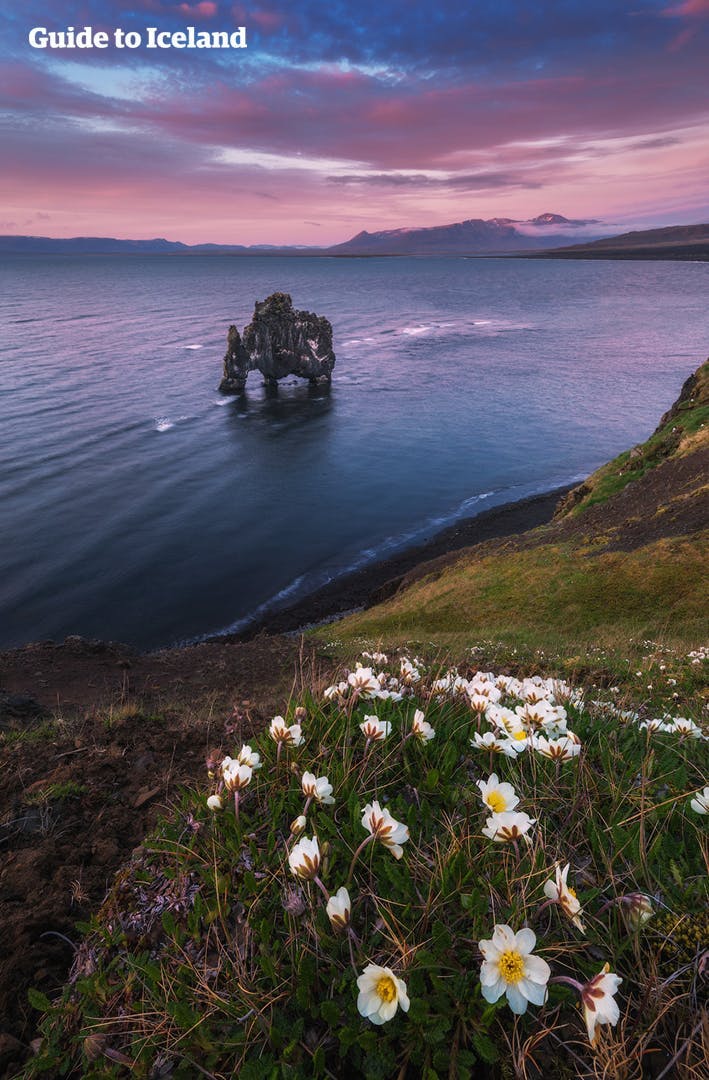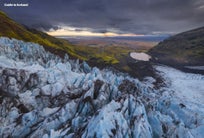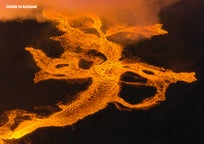
A Detailed Guide to Finding Jobs in Iceland for Foreigners

- Why Work in Iceland?
- Jobs in Iceland for Foreigners
- Common Jobs in Iceland for English Speakers
- Teaching English in Iceland
- Tourism Jobs in Iceland
- History of Tourism in Iceland
- Other Common Iceland Job Opportunities
- Fishing in Iceland
- Requirements for Foreigners Working in Iceland
- Can Foreigners Work in Iceland?
- Work Permits for Foreigners
- Visa Requirements
- Language Requirements for Work in Iceland for Foreigners
- What It’s Like to Work in Iceland
- Average Wage in Iceland
- Cost of Living in Iceland
- Find the Best Jobs in Iceland
- CVs and Cover Letters
- References and Referees
- The Interview Process
- Helpful Tips, Tricks, and Links for Job Hunting in Iceland
- Volunteering in Iceland
- Getting a Job in Iceland Online
- Tell Us Your Experience With Finding Work in Iceland
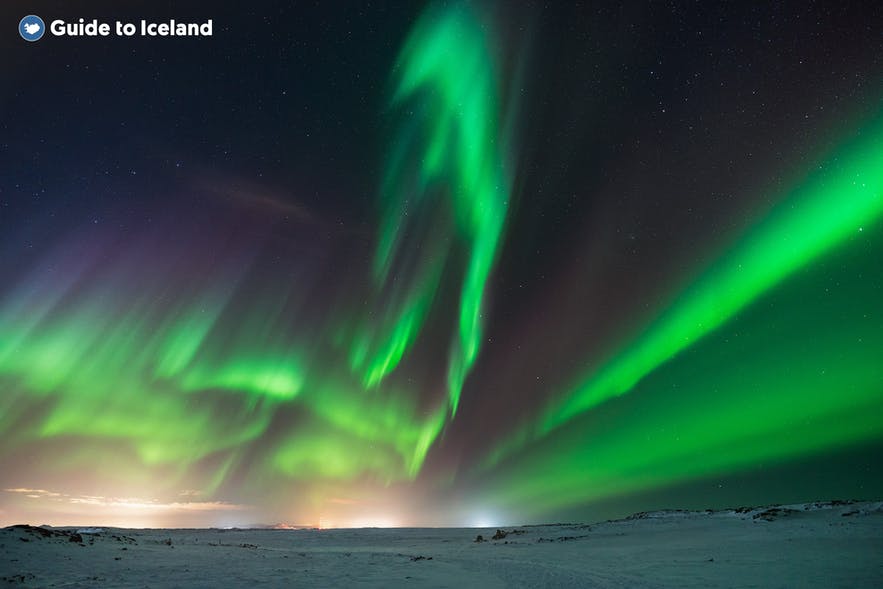
Find out how to work in Iceland in our detailed guide. Are there any Iceland jobs for foreigners? What are Iceland's most significant employment sectors? How to get a job in Iceland? Do you need to speak Icelandic to work here? How are the working conditions? Read on for the ins and outs of finding and securing a job in Iceland.
Many people fall in love with Iceland on their visits, so much that they might want to move there. It’s ranked as one of the safest countries in the world, making it an attractive place to live.
But moving to a foreign country is not easy. The best way to move to a country is to find a job, which would take care of the visa requirements.
There are jobs in Iceland for expats, and understanding what it takes to find work in Iceland can help.
Here at Guide to Iceland, we’re experts in helping individuals move to Iceland. This guide to finding jobs in Iceland provides everything you need to know about how to find a job in Iceland.
Why Work in Iceland?
Your friends and family will probably ask you why you’re searching for Iceland job opportunities. The answer is likely because you fell in love with the country on a visit or have had a long-standing dream of living on this Nordic island known for its dramatic natural scenery, northern lights, and unique culture.
There are many reasons to want to work while on an extended stay in Iceland. Usually, it’s to make a living that can support life in Iceland, which means paying for accommodation, food, and other basic needs.
This may also include occasional outdoor excursions or nights out. An expat's cost of living is highly dependent on the lifestyle they want to live here.
Another reason to work in Iceland is to better understand daily life for locals on the island. Working is an effective way of meeting people, learning about the culture, and acquiring new skills.
It’s also a great way to explore a new country. You can enjoy Iceland during its off-season and be the first to witness (from a safe distance) one of its volcanic eruptions.
It doesn’t matter why you are pursuing work in Iceland. Our goal is to help you understand the requirements for working in Iceland, typical jobs in Iceland for English speakers, the average cost of living, and more to help you find work in Iceland.
Jobs in Iceland for Foreigners
Some might wonder what an island in the middle of the North Atlantic has in terms of work opportunities. But Iceland is a modern European nation, so you’ll likely see many of the same job opportunities you’d see at home.
Iceland’s work for foreigners is extensive, such as jobs in the tourism industry, teaching English in Iceland, construction work, nursing jobs in Iceland, and countless other options.
It’s wise to keep your mind open when looking for job opportunities in Iceland. Some positions are easier for foreigners to acquire, while others are directed toward locals or expats who have spent several years learning the language and culture.
Finding a job to pay the bills and waiting for an ideal opening could help you make a move sooner and more efficiently.
There are more jobs in Reykjavik, but there are industries that can take you to the hidden corners of Iceland.
Common Jobs in Iceland for English Speakers
Many industries are looking for English speakers, such as tourism, counseling, teaching, interpretation, quality management, and more. The tourism and hospitality industries are especially interested in fluent English speakers.
The largest tourism markets in Iceland are from Central and Southern Europe, North America, and the United Kingdom. Tourists from these countries usually speak English, and very few know any Icelandic. This makes hotel jobs in Iceland and other jobs in the tourism industry heavily reliant on the English language.
English speakers can often find temporary summer job opportunities in restaurants and bars open throughout the country’s long summer days. Teaching jobs may also be available for native English speakers who meet the requirements to teach English in Iceland.
Teaching English in Iceland
Teaching English has always been a common way for travelers to work overseas. Teaching English in Iceland can be an excellent way to combine your love for teaching while earning money to live among the majestic scenery of this island country.
You need a bachelor’s degree and ESL or TEFL teaching certification to teach English in Iceland. The average salary for teaching English in Iceland is between 1,500 and 3,000 USD per month.
Most of the teaching vacancies are high school level or higher and likely to require previous teaching experience.
Tourism Jobs in Iceland
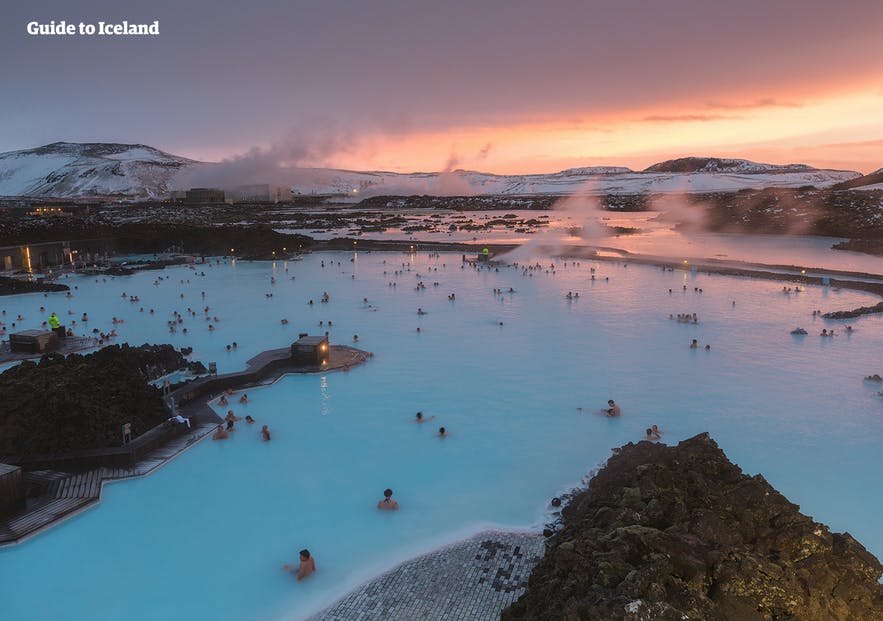
Tourism in Iceland is currently responsible for 31% of the annual GDP. It’s a recent but now central pillar in the economy of Iceland.
It also means tourism has become a significant employment sector in Iceland. The tourism industry has positions in transportation, tour guiding, marketing, hotel management, dining and nightlife, accounting, social media managing, and more.
- See also: Sustainable Tourism in Iceland
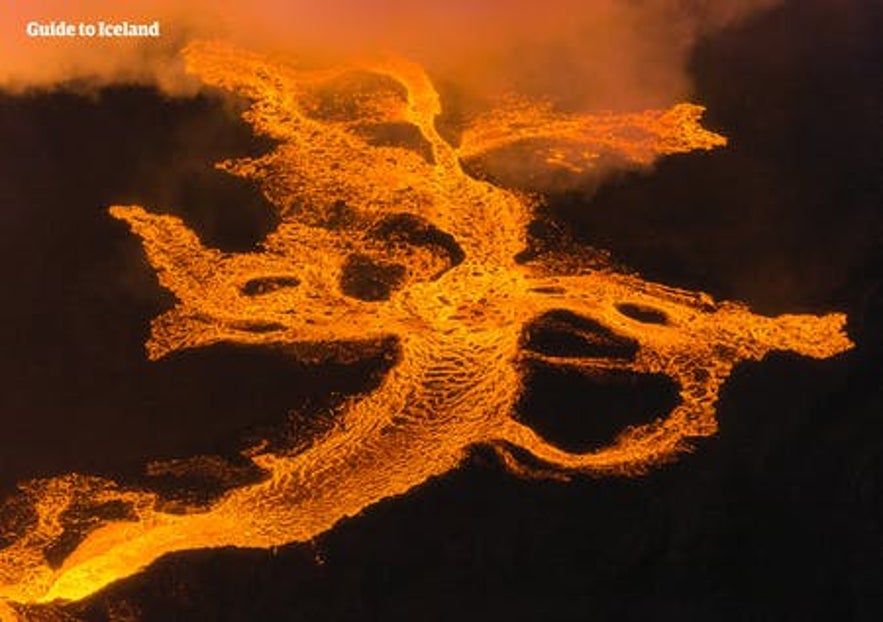
Over the last decade, tourism has worked itself into almost every corner of life in Iceland. Downtown Reykjavik is often jam-packed with international visitors, while tour companies are forever growing in prominence. New shops, restaurants, and exhibitions are continually opening to meet the tourism industry’s growing needs.
History of Tourism in Iceland
When did tourism in Iceland explode? Iceland first made international news in 2008 following the country's rapid financial collapse.
The Icelandic government struggled to keep hold of a runaway economy and was met with further problems. In 2010, the Eyjafjallajokull volcano suddenly erupted, effectively shutting down air travel across Europe.
International travelers began fixing their gaze on this once overlooked island. The Icelandic government, its tourist board, and travel agencies came together to turn what could have been their downfall into a swift economic victory.
Iceland has since seen an exponential rise in its visitor numbers each year, with 1.9 million tourists arriving in 2019 alone.
The tourism industry is estimated to have created up to a third of new jobs in Iceland in the last five years. This trend matches the rapid influx of visitors arriving on the island over the last decade.
Other Common Iceland Job Opportunities
Other significant industries in Iceland include aluminum smelting, geothermal power, fish processing, hydropower, and medical and pharmaceutical products. Iceland faces a range of skills shortages that create demand for employees in these fields.
Manufacturing in Iceland
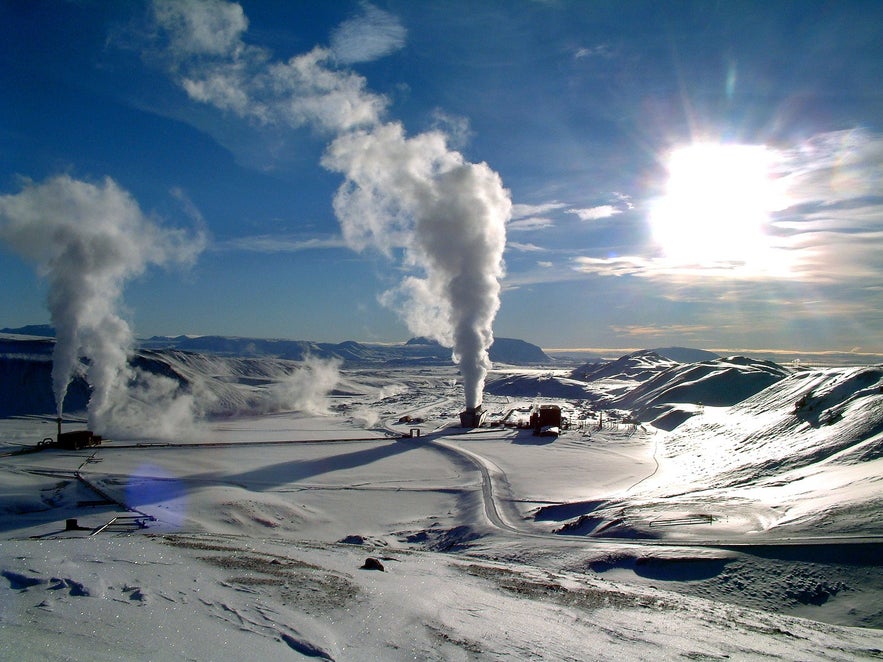
Photo from Wikimedia, Creative Commons, by Ásgeir Eggertsson. No edits made.
Iceland is the 11th highest aluminum-producing nation in the world. Major smelting sites are in Reydarfjordur, Grundartangi, Straumsvik. These towns produce aluminum purely for export.
Aluminum smelting is an energy-intensive process. Smelters extract aluminum from its oxide, alumina, using large amounts of electricity and producing a high level of fluoride waste.
It’s easy to see why the industry exists here due to Iceland’s abundance of geothermal energy. Major corporations like Rio Tinto Alcan, Century Aluminum Company, and Alcoa enjoy plentiful and cheap power. Unfortunately, they have little consideration for their industry’s impacts on the natural ecosystem.
There’s much resistance among locals against this industry. So, you may want to consider local viewpoints and your environmental concerns before accepting an employment opportunity in this field.
Fishing in Iceland
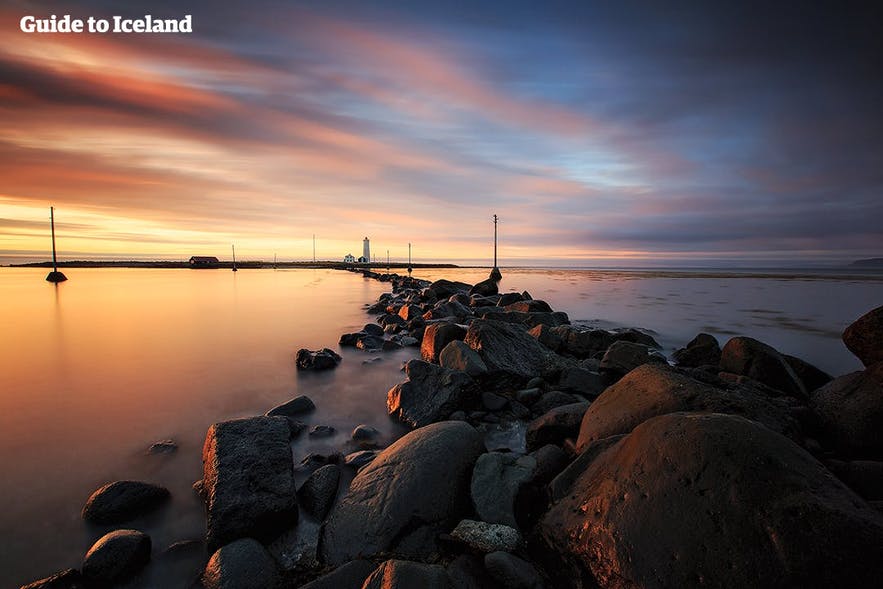
Fishing is not just a pastime in Iceland; its Atlantic waters have provided Icelandic people with food and income for centuries. The fishing industry accounts for approximately 40% of Iceland’s exports and 11% of its annual GDP, making it essential to the country’s livelihood today as it was throughout the past.
Iceland and the United Kingdom became caught up in territorial disputes between the 50s and 70s regarding who had rights over specific fishing grounds.
Iceland had extended its fishing borders into what was perceived as international waters. This coincided with the invention of the mechanized fishing trawler, a ship that could travel much further from the mainland.
The United Kingdom took this as a threat to their fishing industry and quickly retaliated by sending military vessels to intercept and disrupt the Icelandic trawlers.
These disputes became known as "The Cod Wars" and were only resolved in 1975 after the Icelandic government threatened to close the NATO base at Keflavik.
The United Kingdom agreed to Iceland's demands under pressure from the United States.
Fortunately, there were no fatalities despite many deliberate collisions between British and Icelandic ships.
Iceland has now created one of the most modern and sustainable seafood industries globally with its more than 200 nautical square miles of fertile fishing grounds. Cod is the backbone of the economy, making up 31% of all exported fish stock.
Interestingly, the UK is Iceland’s most significant buyer. Over recent years, this industry has become known locally as “The Ocean Cluster.”
Requirements for Foreigners Working in Iceland
The requirements for working in Iceland vary from one nation to another; the good news is that foreigners can work in Iceland legally. Although there are several regulations, you’ll need to consider whether working in Iceland is right for you.
Can Foreigners Work in Iceland?
Foreigners can work in Iceland, but it’s easier for citizens of some countries than others.
Jobs in Iceland for EU citizens are more straightforward, as their countries are members of the European Free Trade Association (EFTA) and European Economic Area (EEA). They can live and work in Iceland for three months without a visa or work permit.
Individuals from countries that aren’t members of the EEA or EFTA may have a more difficult time applying for a work permit or a working holiday visa to live and work in Iceland. Jobs in Iceland for U.S. citizens in Iceland can be more challenging to find.
Acquiring a work permit in Iceland is complicated for residents of non-EEA/EFTA countries. However, it’s not impossible.
- See also: The Ultimate Guide to Flights to Iceland
Work Permits for Foreigners
Work in Iceland for EU citizens is easier to come by. But Individuals from non-EEA/EFTA nations can work in Iceland; they just need to secure a contract before applying for a visa.
Qualified professionals and athletes are more likely to receive Iceland work permits. Still, it’s also possible to get a job and an approved visa if there’s a temporary shortage of laborers. It can take up to 90 days for a permit to be fully processed and approved.
The three types of work permits available to non-EEA/EFTA individuals are listed below:
- Qualified Professionals: Requires vocational training at the university level or an approved technical standard, and the training must be something lacking in Icelandic labor. Applicants must prove that they're more qualified for the position than an Icelander or EEA citizen. These permits are not granted for short-term projects and may be renewed when the current permit expires.
- Athletes: Iceland grants visas to athletes and coaches belonging to National Olympic teams or clubs under the Sporting Association of Iceland.
- Temporary Shortage of Laborers: A field lacking in Icelandic or EEA employment can open the possibility of temporary work permits to outsiders. One catch is that applicants can only renew these permits once.
Applying for these work permits includes sending an application and various documents to the Directorate of Immigration. This department will then send your application to the Directorate of Labor for approval and processing.
Typical items you’ll need to submit a non-EEA/EFTA resident include:
- Completed and signed (by you and your employer) application form for a qualified-professional or temporary shortage of laborers work permit
- A complete contract of employment between you and the employer
- A certified copy of your diploma in English or Icelandic languages
- Any additional information regarding your expertise, including other certifications, previous employment, and at least seven years of prior work experience in the field
- Information about the employer’s previous attempts to hire Iceland, EFTA, or EEA nationals without success
- Proof that the employer will pay for return travel to your country if the contract is cut short due to reasons outside your control, such as illness or disability.
You may also apply to extend the qualified professional visa by submitting the first and second items on the above list before your current visa expires.
Visa Requirements
Iceland is a member of the Schengen region. Citizens from EEA and EFTA member countries can travel and work in Iceland without a visa for 90 days.
Visitors from EEA and EFTA member countries must register their legal domicile and apply for a tax card after the initial three months of the country have passed. They must also complete the “Registration of an EEA or EFTA foreign national” form, which serves as an application for an ID and a domicile registration.
Two Schengen visas are available for citizens of non-EU/EEA nations. These visas enable free movement amongst countries in the Schengen Zone. The C-visa is for tourists who visit Iceland for a maximum of 90 days. The D-visa is for expats who plan to work, study, or live permanently in Iceland.
There’s legislation prioritizing Icelanders and EEA/EFTA citizens above their international counterparts. Exceptions are people coming to the country with specialized skills in high demand.
Language Requirements for Work in Iceland for Foreigners
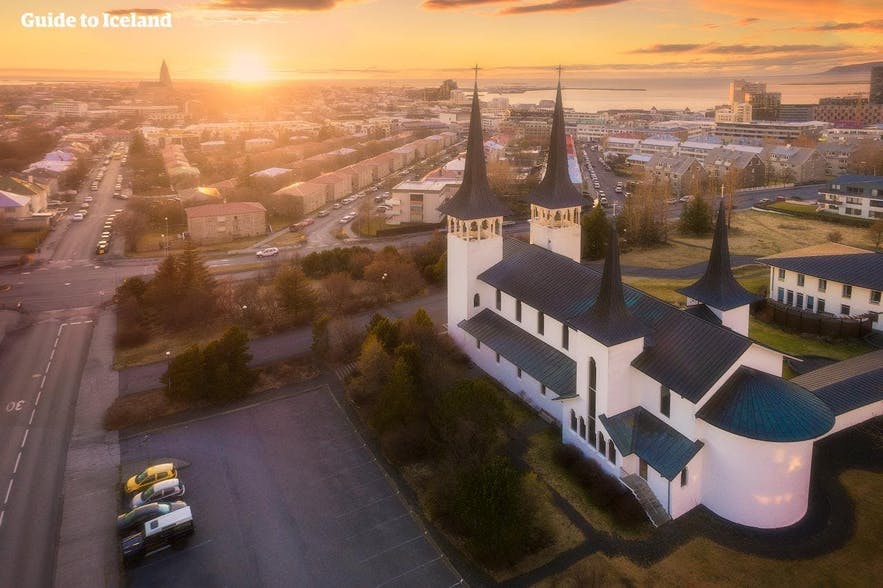
It’s important that those planning to work in Iceland speak English, and that’s because 99% of Icelanders speak English. Knowing English can make moving to Iceland and living in this country much more manageable. It’ll also increase your chances of finding work in Iceland whether you’re from an EEA or EFTA member nation or not.
Foreigners must understand that Icelandic is the native language of Iceland. Preserving this language is essential to protecting the country’s culture, and Icelandic is the language used by Iceland’s locals, media, and municipal governments.
English is generally spoken throughout the tourism industry and at large corporations as the business language. Many of the highest paying jobs in Iceland for foreigners will require fluency in English.
Icelandic is a unique language believed to be a dialect of Old Norse. It has remained relatively unchanged since the Medieval era and can be difficult for native English speakers to understand and acquire. The dictation is heavily reliant on tone, and many of the sounds are foreign to native English speakers.
Difficulty should not stand in your way of learning the Icelandic language if you plan to live and work in Iceland long-term. Icelandic people are proud of their language and proactive in learning it, and locals and employers appreciate even an attempt at learning Icelandic.
There are no defined language requirements for working in Iceland, but individuals who do not speak English or Icelandic will have difficulties finding employment.
What It’s Like to Work in Iceland
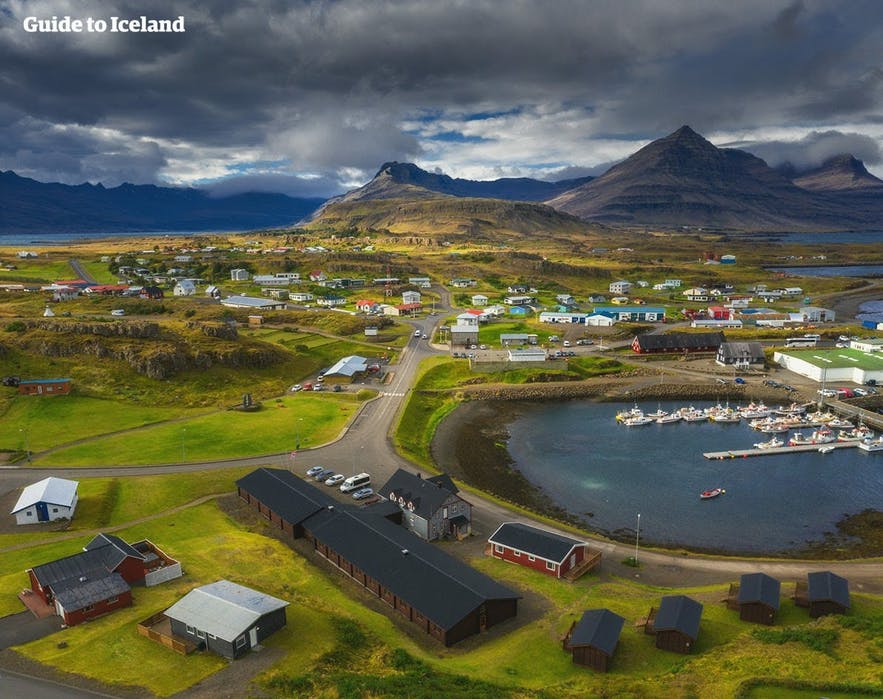
Icelanders work 40-hour weeks on average. Temporary work agencies for foreigners grant employees the same fundamental rights as their own employees.
Workers are entitled to an 11-hour rest period every 24 hours. Shop assistants, tradespeople, and workers are also entitled to a 35-minute refreshment break every eight hours. All office workers are given a paid 15-minute coffee break.
Those between 16-70 years old must have a membership to a pension fund contributing a salary minimum of 12%. Of this amount, 4% is taken directly from the employee's wages, while the employer provides the other 8%.
Workers can contribute a further 2% to a supplementary public or private pension fund, with an additional 2% matched by the employer.
Average Wage in Iceland
The minimum wage for everyone above 18 is about 2,610 USD per month.
Icelandic employees make an average salary of 32 USD per hour, 5,538 USD per month, and 66,460 USD per year. The average salary comes to 3,278 USD per month after deductions.
Iceland’s average salaries are among the highest in Europe, with Reykjavik, Hafnarfjordur, and Akranes offering the highest wages in the country. The best jobs in Iceland are typically in these cities.
Cost of Living in Iceland
The estimated monthly cost for a family of four in Iceland is 4,391 USD. The estimated monthly cost for a single person is about 1,186 USD without rent included.
The average cost of living in Iceland is about 33% higher than living in the United States. The average rent price in Iceland is 990 USD, which is about 1.21% higher than in the United States.
Find the Best Jobs in Iceland
When searching for a job in Iceland, the first thing to do is consider your skills, experience, and passions. What type of job would best suit you? What kind of positions have you held in the past? Are you looking for a new career direction or simply hoping to work part-time? What type of role is most common in Iceland?
These questions are essential, and they can shed light on the next steps of the job hunting process and simplify your path to a residence application. The next step is to discover where companies and organizations list their vacancies.
CVs and Cover Letters
Job applicants will have to prepare a flawless Curriculum Vitae (or CV, which is equivalent to a resume) and a personalized cover letter, similar to most other developed nations around the globe. Both of these should outline the applicant’s most redeeming and competent qualities.
Begin by sending potential employers an email with a short introductory message and your application documents attached.
It’s always acceptable to send a follow-up email or call the potential employer if they have not responded to your email within a few days. Remember to consider the employer’s position while job-hunting as competition for open positions in Iceland’s current job market can be fierce.
Your CV and cover letter must stand out from the crowd and remain direct. It only takes a few seconds for someone to get the wrong impression and dismiss an application that is boring or full of grammatical errors.
No prospective employer wants to read pages upon pages of your high school achievements or trust an applicant who cannot concisely relay their strengths.
Consider the individual qualities an employer is looking for in a job applicant and ensure you have displayed these characteristics in your application.
Common characteristics companies are looking for include honesty, communication skills, flexibility, determination, a willingness to learn, engage, and work in a team.
The CV and cover letter should each be one page in length.
References and Referees
Aside from a CV and cover letter, having a reference from a previous employer can also be valuable.
Using a referee shows the prospective employer that you are confident in yourself and what you have previously achieved. It also demonstrates that you have nothing to hide and are willing to have another person vouch for your work ethic.
Contact all possible referees before submitting your application to ensure they're willing to speak with your potential employer. Give your potential new employer your referee’s contact and the previous employer’s best hours to reach them.
All referees should be working in the field you are applying for or in a closely related field. You may also use a letter of reference already provided to you. This allows you to be 100% confident of the information you’re putting across in your application.
The Interview Process
You’ve done it. You’ve been called back and asked to come in (or log onto Skype) for an interview. Reaching the interview stage is one of the hardest parts of finding a job in Iceland, so you should already be patting yourself on the back.
Interviews in Iceland are conducted in person whenever possible. Individuals applying from abroad will likely complete the interview over the phone or via Skype, Zoom, or another online platform.
Job interviews are often more informal in Iceland than in the U.S. or other European countries. For example, you may be asked to meet your potential employer in a local cafe. This shouldn’t affect the way you treat the interview process, so come prepared to be respectful and professional.
Iceland is a small community, so employers want to make sure that they're hiring someone fully qualified for the position and a pleasure to have around the office.
A job interview is a job interview wherever you are in the world. It’s a formal meeting to assess the applicant’s qualities and character and for both parties to find out if it’s a good fit.
Here is hoping that you'll get many Iceland job offers!
Helpful Tips, Tricks, and Links for Job Hunting in Iceland
One of the main ways to look for a job is searching on designated websites that regularly post new job openings. A list of these websites, which can be helpful when locating jobs for Americans in Iceland, is included below.
Those already traveling in Iceland may find success in more organic ways of job searching. It could be through word of mouth, looking at local print advertisements, or directly asking employers about openings.
You may pop into your favorite local hotel to ask about available hotel jobs in Iceland. Or, cruise in and out of downtown Reykjavik businesses asking about Reykjavik jobs that may become available soon.
Iceland has a small population and high competition for certain roles. Presenting yourself in person and discussing opportunities with the business owner can go much farther than sending off dozens of emails.
As the old saying goes, "It's not what you know; it's who you know.”
Volunteering in Iceland
Taking an internship or volunteering in Iceland are sure-fire ways to get an authentic taste of the country, its culture, and the work environment. This does mean you’ll be required to support yourself financially throughout the placement.
However, it’s not uncommon for a volunteer or internship opportunity to turn into short or long-term work in Iceland for foreigners.
-
See also: Volunteer in Iceland
Iceland is notoriously more expensive than many North American and European countries. Living here without paid employment is not just difficult but seemingly impossible, especially for foreigners who lack contacts and a basic understanding of the local economy.
It’s essential to create a budget for yourself if you’ll be living in Iceland for any period without paid employment.
Below are some websites that post available internships overseas:
Getting a Job in Iceland Online
We’ve also included a list of job sites that list vacancies in various fields across Iceland.
All websites aside from Capacent are available in English, making the job-hunting process more convenient for foreigners.
- Alfred
- Capacent
- Storf
- Ninukot
- JobsAbroad.com
- EURES Job Search for Europe
- TeqHire
- MBL - Icelandic Newspaper
Other websites providing information about employment, visa requirements, regulations, and more are listed below.
Links to helpful government and non-commercial resources:
- U.S. Embassy in Iceland: Job Openings at the Embassy
- Government of Iceland: Visa to Iceland
- Directorate of Immigration
- Directorate of Labor
- Business Iceland
Tell Us Your Experience With Finding Work in Iceland
We hope that this guide to finding jobs in Iceland for foreigners has been helpful! We would love to hear from you about your experience finding work in Iceland.
We are always looking for committed and intelligent applicants to join our multicultural team. If you feel you would be a perfect fit for Guide To Iceland, why not check out our Work at Guide To Iceland page.
더 많은 흥미로운 게시글
아이슬란드의 10대 단점
아이슬란드의 안 좋은 점들은 어떤 게 있을까요? 살면서 불편한 점들을 말해봅시다. 이번에는 아이슬란드의 안 좋은 점들 10가지를 말해보기로 했습니다. 솔직히 저는 아이슬란드를 정말 사랑하고, 아이슬란드에서 떨어져 살 수록 아이슬란드가 점점 좋아지고 있어서 이 글을 쓰기 정말 어려웠지만요! 혹시나 해서 아이슬란드 현지인들이 당연하게 생각하는 아이슬란드...더 보기자연과 아이슬란드 국민
아이슬란드의 국민성에 대해서 읽어보세요. 아이슬란드의 도시와 문화를 24시간 레이캬비크 시티 카드로 경험해 보세요. 레이캬비크 도보 및 미식 투어를 통해 아이슬란드의 맛을 느껴보세요. 혹독한 역사 역사에 기록된 것을 살펴보면 아이슬란드 국민들은 북대서양의 한가운데 혹독한 자연환경에서 버티며 살아남았습니다. 날씨...더 보기
아이슬란드 잔디 주택에 대한 모든 것
아이슬란드의 잔디 주택은 어떤 모습일까요? 어떻게 잔디 주택을 지었는지, 살기는 어떤지, 언제부터 사용하지 않게 되었는지 궁금하신가요? 아이슬란드에 전통 잔디 주택이 아직도 남아 있는지, 남아 있다면 어디에서 볼 수 있는지 궁금하시다고요? 아이슬란드 잔디 주택에 대한 모든 것을 자세히 알려드리겠습니다. 다양한 아이슬란드 투어를 소개합니다. 아이슬란...더 보기

아이슬란드 최대의 여행 마켓플레이스를 전화에 다운로드하여 전체 여행을 한 곳에서 관리하세요
전화 카메라로 이 QR 코드를 스캔하고 표시되는 링크를 누르면 아이슬란드 최대의 여행 마켓플레이스를 주머니에 넣을 수 있답니다. 다운로드 링크가 포함된 SMS 또는 이메일을 받으려면 전화번호 또는 이메일 주소를 추가하세요.
